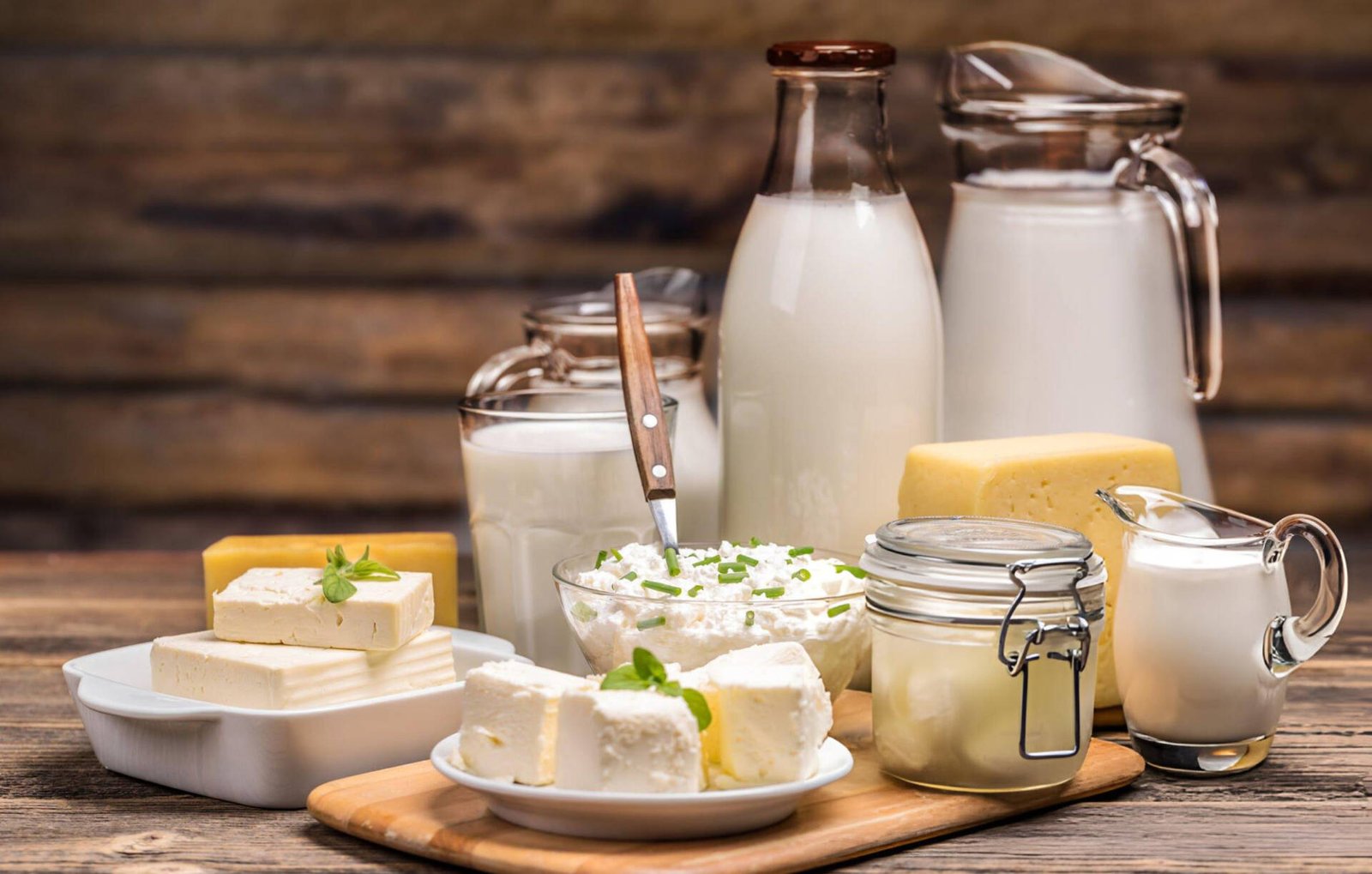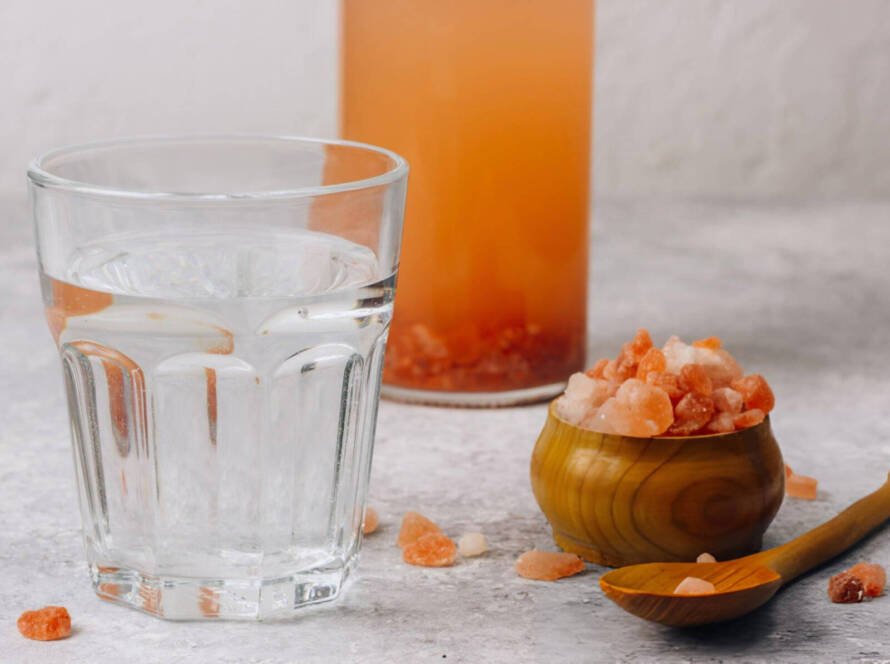Dairy issues are among the most common dietary problems faced by a wide variety of people. You don’t have to be diagnosed with lactose intolerance or have a defined milk allergy to notice that something isn’t right when you consume dairy.
Table of Contents
In fact, some people temporarily eliminate dairy from their diets to test whether reducing their lactose intake could improve their well-being.
Let’s look at some of the most common signs that could indicate cutting down on dairy is the best thing for you.
1. You’re Struggling with Gastrointestinal Problems.

A range of conditions can cause gastrointestinal problems like constipation and diarrhea. However, if you find you commonly struggle with stomach problems soon after eating dairy, there may be a correlation.
Constipation is a particularly common issue for people with dairy intolerance because such intolerance can lead to inflammation in the digestive tract. You might experience feeling severely bloated or an inability to go to the bathroom for a few days after a particularly cheesy meal or a large milkshake.
If you regularly experience constipation, consider cutting down your dairy intake for a few days and note how your bathroom habits change. Keep in mind that it can take a while for an elimination diet to demonstrate whether the substance you’re removing is problematic.
2. Indigestion is a Constant Problem.
Indigestion is another symptom of lactose intolerance which can also apply to a wide range of other conditions. You’re not necessarily facing issues with dairy just because you’re having problems with heartburn and indigestion, but there could be a correlation.
Take a look at the list of gas-producing foods provided by the Mayo Clinic, and you’ll see dairy is a strong factor. If you have lactose intolerance, dairy is more likely to ferment in your stomach, causing bloating, gas, and indigestion.
Rather than immediately turning to heartburn medications when you’re struggling with indigestion, ask yourself whether a reduction in dairy could make a difference.
3. You Have Regular Acne.

Though not one of the most common symptoms associated with lactose intolerance or a dairy allergy, acne can be a common experience for those who need to cut down on dairy foods. The data available on dairy’s connection to acne is still somewhat limited, but some people do seem to see a flare-up in skin issues when they eat dairy.
Crucially, acne is caused by exposure to bacteria all over the body. What you ingest influences your acne as well, not just the bacteria on your skin.
The bacteria in certain kinds of milk can cause an increase in acne symptoms.
At the same time, certain kinds of bacteria consumed through dairy products can also help to balance your gut microbiome and reduce your skin issues. You’ll need to do some experimenting to find out whether your skin issues are caused by dairy.
4. Fatigue is Getting You Down.

We all feel a little tired from time to time, but regular fatigue might have more to do with what you’re eating than you might think. If your body doesn’t tolerate dairy well, consuming it regularly puts your body under additional pressure, which can cause fatigue.
The problem can be even more significant if you have a dairy allergy. Because the body is mounting an immune response to the milk products you consume, it’s using additional energy to fight back against a potential invader.
If your allergy is exceptionally mild, you might not notice symptoms like swelling or hives, but you might struggle with fatigue every time you consume a dairy-based meal.
Consider getting an allergy test if you experience fatigue regularly.
5. You Don’t Feel Yourself.

Ultimately, people respond to dairy intolerance in different ways. A food diary is an excellent tool for tracking how you feel after eating certain foods.
A food diary will allow you to keep track of essential responses to dairy products, which you might not always associate with an intolerance or allergy.
Though most people wouldn’t typically make the connection between congestion and dairy, some experts believe the two might be connected. You might also find changes in your skin and appearance when you regularly eat dairy.
Once you have collected enough information in your diary, you can take it to your doctor for advice.





